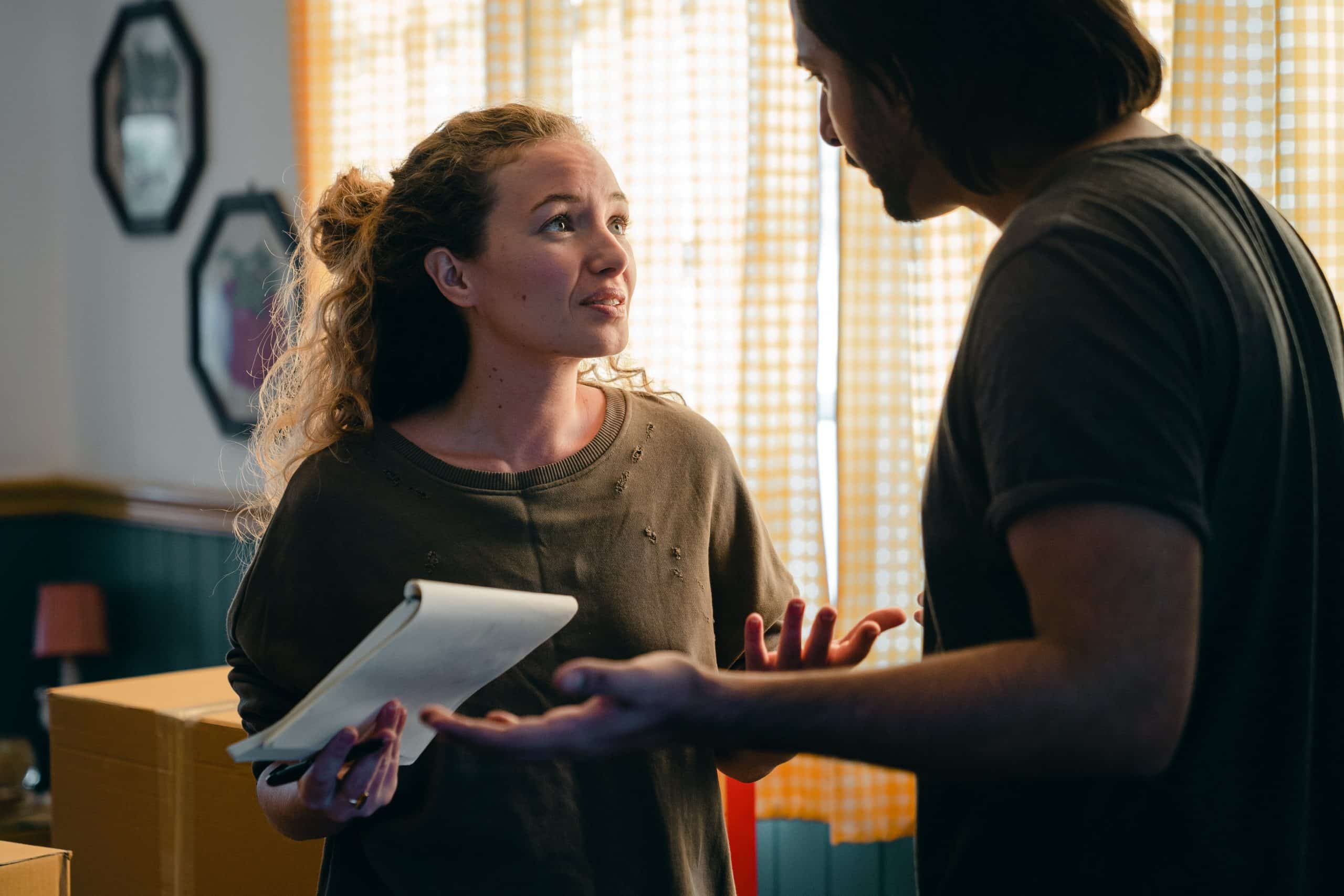12 February 2023
Confusion Over Will And Property Transfer

A client came to see us about the will of her late father, Mr F. She had a ‘blended’ family, in that after Mr F and her mother divorced, he had married a lady who already had a son from her first marriage. So our client gained a stepmother and stepbrother.
Mr F and the stepmother had lived in a large house in North Bristol which originally belonged to the stepmother. After they got married, the stepmother made a will in 2004 giving Mr F a right to live in the house for life. After that it was to go to her son, our client’s stepbrother. Neither our client nor her stepbrother lived at the house – they had their own properties elsewhere.
In 2008 the stepmother made a gift of half of the house to Mr F, via a Deed of Gift. So they then each owned a 50% share.
The stepmother died in 2015, and Mr F asked HM Land Registry to update the title register so that the property was put into his sole name, as he was entitled to do.
Claim For A Larger Share
Mr F died in 2022, and his will left his estate to our client and her stepbrother equally. Our client was the executor, and she put the house on the market. At this point the stepbrother popped up to say that he owned 75% of the house. He had been to solicitors who advised him that he was entitled half of the house which his mother had owned – because he was a beneficiary under her 2004 will – plus half of what Mr F had owned, as a beneficiary under his will, making 75% in total. The solicitors had placed a ‘unilateral notice’ on the property, which meant that they could delay or even prevent the sale of property.
The solicitors told the client that the stepmother had intended through the Deed of Gift that she and Mr F would be tenants in common of the house. This would mean that that when one of them died, their interest in the house would pass through their will. They also told her that HM Land Registry had made a mistake in transferring the house into Mr F’s sole name.
Reviewing The Documents
When the client came to see us, we examined the wording of the Deed of Gift and the will carefully. The Deed was not well drafted, but the meaning could still be determined. Our view was that the stepbrother’s solicitors had misread the Deed – the true meaning was that the stepmother and Mr F had become joint tenants of the property, not tenants in common. So when one of them died, the other would become the sole legal owner.
The Deed of Gift was made in 2008, and so it came after and thus superseded the gift in the stepmother’s will dated 2004, which gave Mr F the right to live in the house for life. That became unnecessary, because when she died he became the sole owner of the house. It is possible that the stepmother just did not get around to changing her will to reflect this. Just as likely, she decided not to change her will because there was no real need to do so.
We explained this to the stepbrother’s solicitors. After some discussion, they accepted the argument, and removed the unilateral notice from the property. Accordingly our client was able to sell the house – she and her stepbrother were each entitled to half of the proceeds.
Comment
This case outlines the importance of keeping wills up to date. A minor change in the ownership of property can drastically affect the provisions of the will, and possibly render parts of the will ineffective. Luckily in this case, the intentions of our client’s stepmother remained the same throughout, and our client rightfully inherited the share the house that her father intended.
Notes
For more information about disputes over wills and estates, click here.
For more information about our probate service, click here.
